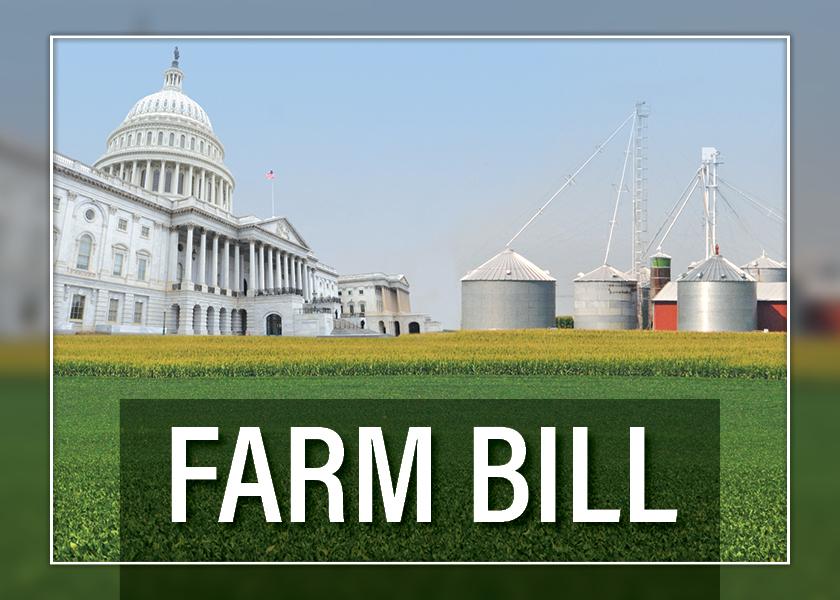House Nominates Scalise for Speaker, the Farm Bill Needs an Extension

On Wednesday afternoon, House Republicans nominated Steve Scalise to be the next speaker by a vote of 113 to 99 – a week after the unprecedented ousting of Kevin McCarthy.
Scalise, the second-ranking House Republican, defeated a challenge from GOP Rep. Jim Jordan of Ohio, the chairman of the judiciary committee.
To become speaker, Scalise will need to win the vote of a majority of the entire chamber — which is currently 217 — in order to secure the speaker’s gavel on the floor.
One question now is whether Republicans will coalesce around Scalise in a House floor vote for the speakership. Media reports say Scalise is short of the votes he needs to win.
A vote could come as early as Thursday.
The Farm Bill Flounders
For all practical purposes, work by the House or Senate Agriculture Committee on a new farm bill is essentially stalled, Randy Russell, The Russell Group, told AgriTalk Host Chip Flory on Tuesday afternoon.
“I am still hopeful that we make some progress this year and finish it next year, but I think we are absolutely faced with an extension situation,” Russell said.
“(Once a speaker is selected) they've got to go back and deal with passing appropriation bills,” he added. “And let's not forget, we're weeks away from November 17 when we're going to face a potential government shutdown. So, I think that appropriations will be the focus and the farm bill is going to take a backseat until we get these funding issues resolved.”
Compounding Chaos
Russell said the war and humanitarian crises unfolding in the Middle East could further complicate the political chaos present in the U.S. and abroad.
“I think it's going to have very serious repercussions in the Middle East, and certainly has the potential – and I'm not predicting this – but it has the potential of turning into a powder keg, pulling in not only Hamas in the Gaza Strip but also Hezbollah up north out of Lebanon and out of Syria,” he said. “This could really spin into something much bigger than just what it is today.”
The entire discussion between Russell and Flory is available here:
Fuel Concerns Ahead
Phil Flynn, of The PRICE Futures Group, told Flory on Wednesday morning the situation in the Middle East is devastating in the toll it is exacting on human lives and also has significant implications for global markets.
One of his key concerns is the current deficit in oil production and availability.
“If you look at the daily global production, we really have a deficit going into this war,” Flynn said. “There's not enough oil out there to meet demand, and that's why we've seen global inventories tighten fairly significantly in the last few months.”
Flynn said while a lot of people blame OPEC for cutting production, that’s only part of the story.
“The real story is, you know, bad energy policy or reluctance to let the U.S. energy producer to do their job,” he said. “Now, we've created the situation where we have a real global event, that could definitely create an oil price shock a la 1974, and we're not prepared in the energy space like we should be.”
More of the energy discussion between Flynn and Flory is available here:
IEA Predicts Slower Growth in Global Natural Gas Demand
Trade Relations Between the U.S. and China Just Got Even More Complicated







